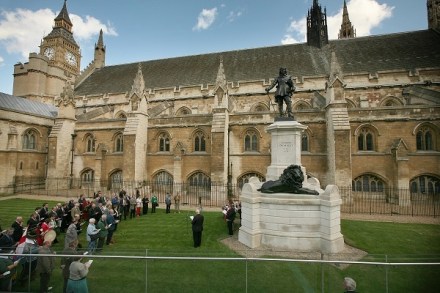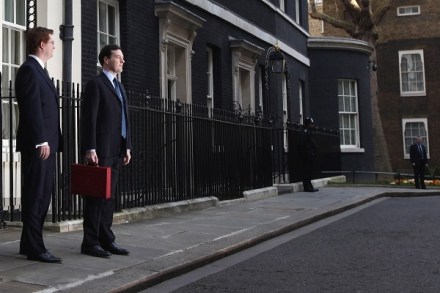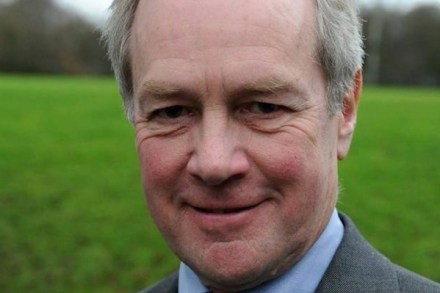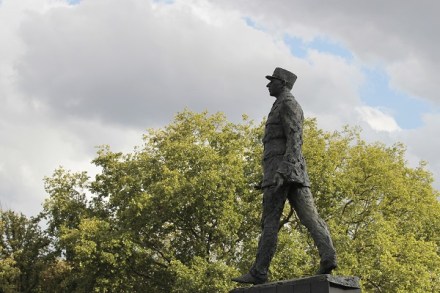John Milton’s ambiguous love for Oliver Cromwell – Discovering poetry
‘To Oliver Cromwell’ Cromwell, our chief of men, who through a cloud Not of war only, but detractions rude, Guided by faith and matchless fortitude To peace and truth thy glorious way hast ploughed, And on the neck of crowned fortune proud Hast reared God’s trophies and his work pursued While Darwen streams with blood


























